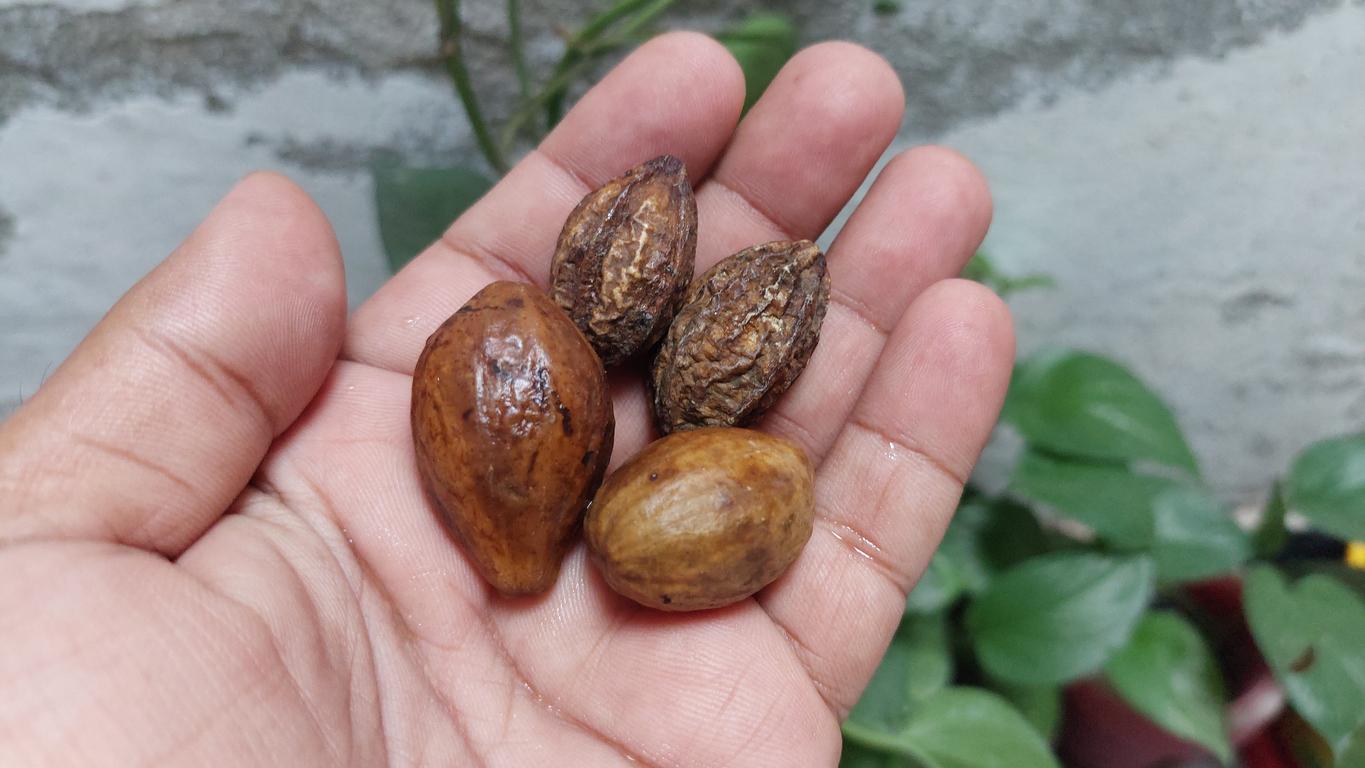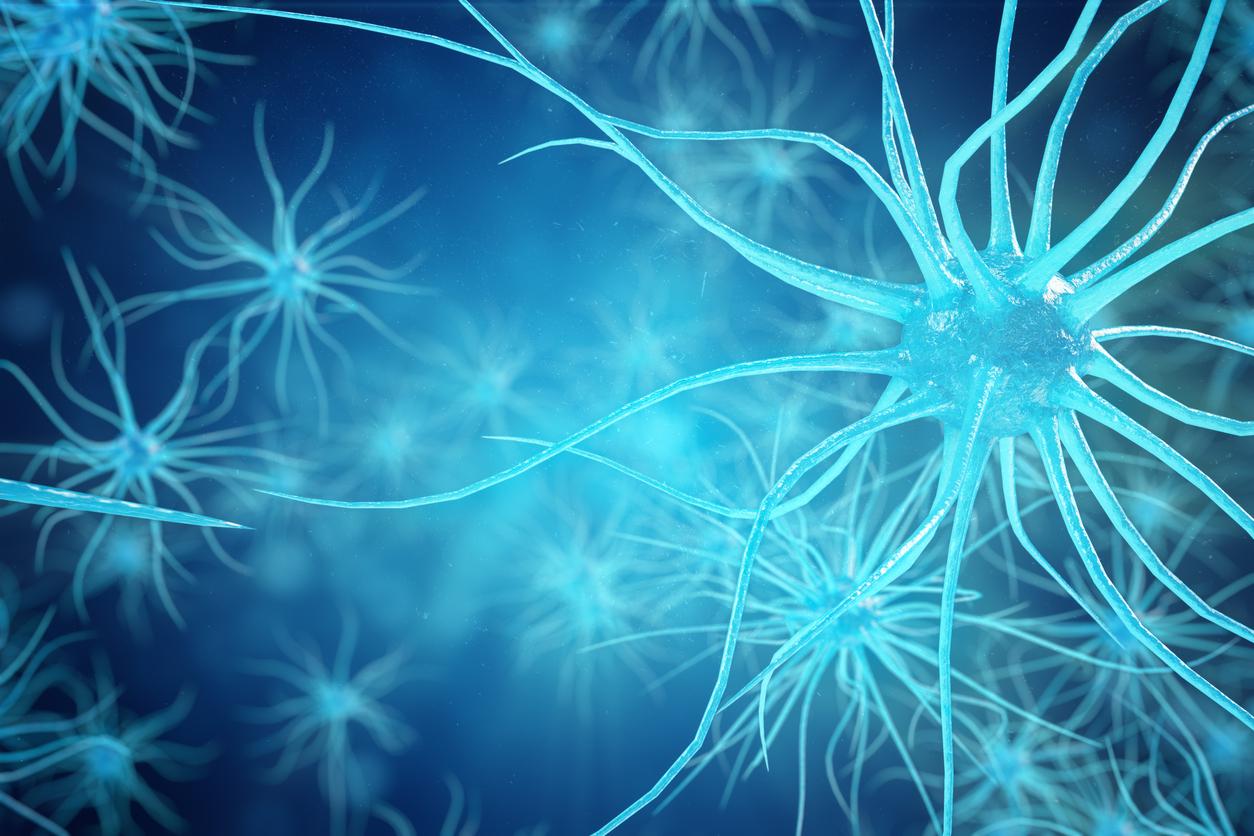There are more and more Alzheimer’s patients in the world. From 36 million cases today, we could increase to 66 million in 2030 and 115 million in 2050, according to the World Health Organization. This infernal progression could well be broken thanks to the genetic anomaly which strangely affects a village in northern Colombia.
In Yarumal, many residents suffer from memory loss and dementia, sometimes before the age of forty, well before the average age of 60 usually observed to develop Alzheimer’s disease.
In question, a genetic mutation called “paisa”, named after the inhabitants of the province of Antioquia who have it. Victims of this mutation suddenly declare Alzheimer’s disease. Some see it as a twist of fate: the transmission of this malformation, on a gene on chromosome 14, by a single parent is enough to double the risk of developing this dementia. A curse for the natives but which could well constitute a hope of cure for the patients of Alzheimer throughout the world.
A treatment being tested on 300 Colombian patients
Francisco Lopera, a Colombian neurologist, director of the Neurosciences group at the University of Antioquia, has been studying this phenomenon which affects the Colombian village for thirty years. Not out of unhealthy curiosity but because he’s working on a drug that could stem the buildup of the beta-amyloid protein associated with Alzheimer’s disease.
“Most treatments have failed because they are administered too late, explains the researcher. Our strategy is to intervene before the disease destroys the brain”. His hope therefore rests on the 300 healthy patients aged 30 to 60, carriers of the “paisa” mutation and who are currently testing his treatment.
Is the cure in the hands of the “cursed” Colombian village? Response in 2020 with the publication of the results.
>> To read also: Dementia: 5 simple rules to reduce the risk


















